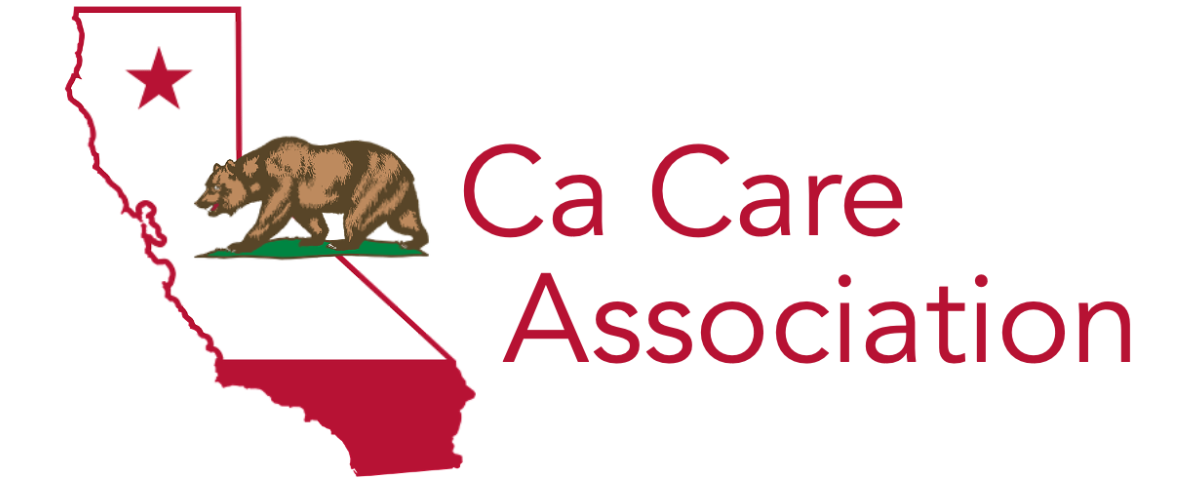Residential Agreements: Protecting HCBS Participants
Tenants have certain rights that are granted to them by law. These rights are meant to protect tenants from unfair treatment by their landlords. Unfortunately, many tenants are unaware of their rights and are taken advantage of by their landlords. Not all landlords too are aware of tenants' rights or choose to ignore them. This can lead to problems for tenants, such as being charged illegal fees, evicted without proper notice, or denied needed repairs. HCBS Federal Requirement No. 6 - Residential Agreement prevents that from happening
This article will provide you with a complete guide to your rights as a tenant. You will learn about your rights regarding repairs, deposits, evictions, etc. By familiarizing yourself with your rights, you can stand up for yourself if your landlord tries to take advantage of you.
Service Provider Owned Setting
A service provider-owned or controlled residential setting is a facility owned or operated by an entity that provides services to children, such as a foster care agency, group home, or residential treatment facility. These settings are often licensed or regulated by state or local governments and are typically subject to additional rules and regulations set by the service provider.
Service provider-owned or controlled residential settings vary in size, structure, and level of care. Still, all share the common goal of providing a safe and nurturing environment for the children in their care.
Tenant's Legal Protections By Government
Several federal and state laws protect tenants in the United States. These laws cover various topics, from fair housing and discrimination to rent increases and evictions.
The most important law for tenants is the Fair Housing Act, which prohibits discrimination in housing based on race, colour, national origin, religion, sex, familial status, or disability. This law applies to all stages of the housing process, from advertising and applications to leases and evictions.
Other important laws for tenants include the federal Equal Credit Opportunity Act, which prohibits discrimination in credit practices, and the Age Discrimination in Housing Act, which prohibits discrimination against tenants 40 years of age or older.
Tenants also have the right to :
have their rent payments applied to the cost of their housing,
To refund their security deposit if their tenancy ends early, and
To file a complaint with their state's attorney general if they feel their rights have been violated.
How Can Service Providers Ensure That They Are In Compliance With The Law?
Service providers must ensure that they comply with the law at all times. This means they must first be aware of all the laws that apply to their business and then take steps to ensure that their business practices align with those laws.
There are a few ways that service providers can stay up-to-date on the law. First, they can subscribe to email newsletters, or RSS feeds from reputable legal sources. This will ensure that they receive timely updates on any changes to the law that could affect their business. Additionally, service providers can consult with an attorney regularly to ensure that their business practices are compliant with applicable laws
Consequences Of Non-Compliance
Several consequences can result from non-compliance with regulatory requirements. These consequences can range from financial penalties to criminal charges. In some cases, non-compliance can also lead to civil liability.
The consequences that a company or individual may face will depend on the nature of the non-compliance and the jurisdiction in which it occurred. However, some of the more common consequences of non-compliance include the following:
Financial penalties
Criminal charges
Civil liability
Reputational damage
Business interruption
Loss of licenses or permits
How can individuals file a complaint?
Individuals who believe they have been the victim of discrimination can file a complaint with the U.S. Equal Employment Opportunity Commission (EEOC). The EEOC is the federal agency responsible for investigating charges of job discrimination.
To file a charge of discrimination, contact the EEOC office nearest you.
EEOC's toll-free number: 1-800-669-4000 or 1-800-669-6820 (TTY)
EEOC's website www.eeoc.gov.
Conclusion
In conclusion, understanding and enforcing residential agreements is crucial for protecting the rights of HCBS participants. These agreements provide tenants with legal protections against unfair treatment by landlords, ensuring their rights to safe and habitable housing. By familiarizing themselves with their rights, tenants can advocate for themselves and take appropriate action if their landlords attempt to take advantage of them. Service providers must also ensure compliance with the law by staying informed about regulations and seeking legal guidance when needed. Non-compliance can result in serious consequences, including financial penalties, legal charges, and reputational damage. By promoting awareness and upholding the rights outlined in residential agreements, HCBS participants can secure the protection they deserve in their housing arrangements.
Do you know your residential rights? Share this blog to others to let them know about their rights to avoid injustices.
HCBS has other Federal Settings Rules made to make the lives of individuals better in their chosen care setting. These rules are essential to know to provide the highest quality of care and support to individuals receiving HCBS
Read more about the different HCBS rules in Ca Care Association’s Care News Section
https://www.cacareassociation.org/news-and-resources/news
Click the link below to join Ca Care’s Membership and enjoy the benefits
https://www.cacareassociation.org/memberships


